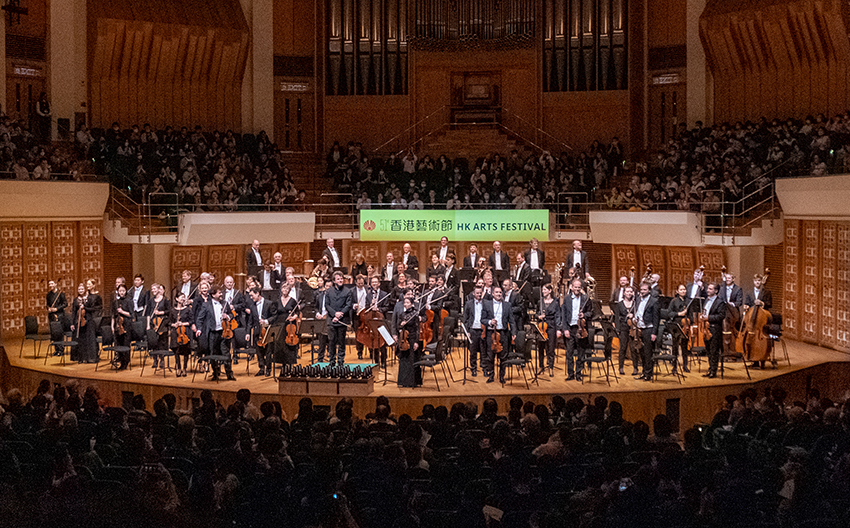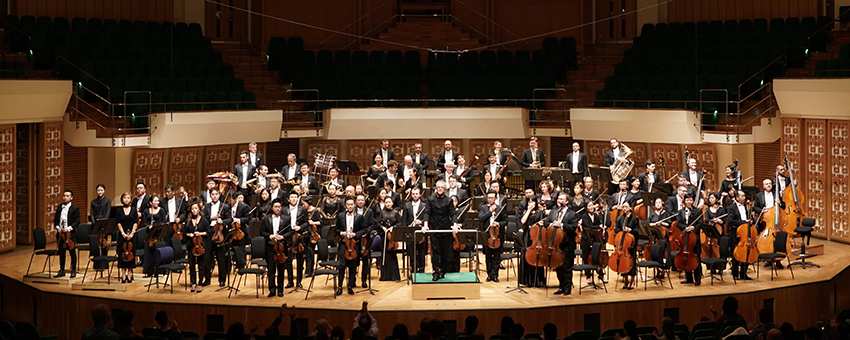Bamberg Symphony
Concert Hall, Hong Kong Cultural Centre / Hong Kong / March 18, 2023 / Ernest Wan Formed mainly by German orchestral musicians in Prague who were forced after the Second World War to leave Czechoslovakia and settle in the Bavarian town of Bamberg, the Bamberg Symphony, with its Czech chief conductor Jakub Hrůša, recently appeared at the Hong Kong Arts Festival. It performed a repertoire at which, with its history, audiences expect it to excel: symphonies by Antonín Dvořák and Johannes Brahms, as well as music by the Hungarian György Ligeti, whose 100th anniversary is celebrated this year. The first of the orchestra’s two concerts began with Dvořák’s New World Symphony in E minor (1893), his ninth and last work in the genre. The lower strings’ doleful playing of the soft opening melody and the fierce, incisive fortissimoattacks soon after in the slow introduction were illustrative of the far-reaching emotional landscape to be traversed. While the Largo was scenic and deeply felt as expected, with characterful woodwind solos and delicate sustained string harmonies, even accompanying …









